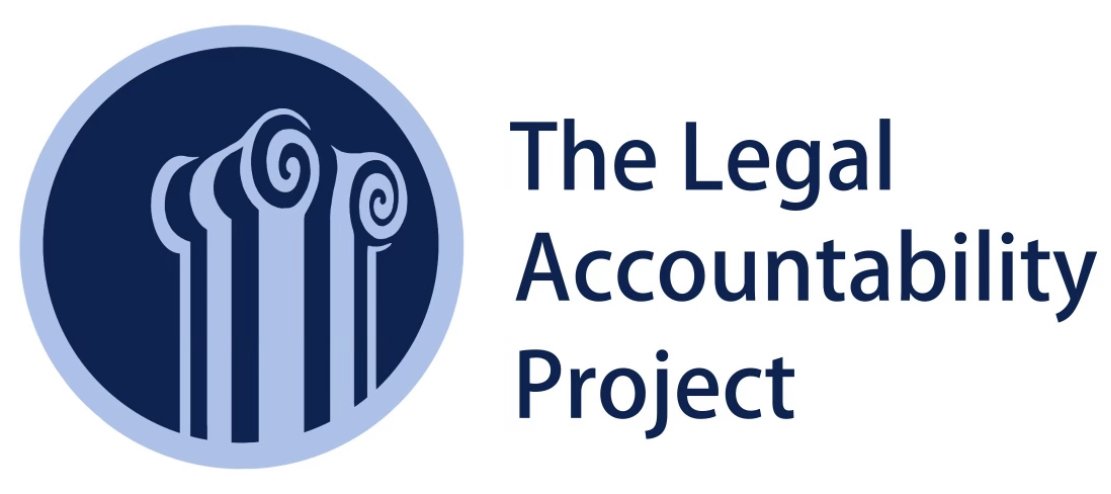Pathways to Public Service
Doing justice. Providing a voice for the voiceless. Holding people accountable.
That’s why I aspired to become a prosecutor. I focus on these same values at The Legal Accountability Project: improving judicial clerkships and the judiciary, providing a voice for students and clerks, and holding judges accountable.
Whether you’re about to start law school, you’re a rising 2L, or later, if you’re planning your path to public service, it’s important to be intentional.
Here are some things you can start doing right now to plan for success:
Do public interest internships for both your 1L and 2L summers - either with the government, a public defender’s office, a nonprofit, or a legal aid society. The U.S. Department of Justice starts accepting 1L internship applications in December. Your application for a post-graduate job should weave a clear narrative about your interests and experience, so plan ahead.
Do semester externships and clinics. You don’t just have 2 summers: you also have several semesters where you can gain valuable work experience (often for credit).
Get involved with student organizations, particularly the public service ones. Aim to get experience providing pro bono services during law school. And take on a leadership role to hone your skills.
Write onto a journal. This is a valuable way to hone your writing, research, and bluebooking skills. And if you have any interest in academic writing, you’ll see the best and worst of academic writing by reviewing submissions.
Write in your free time. If your student note doesn’t get published, that’s okay! You can publish it in a law journal after graduation (I did).
Work hard on your writing-intensive seminar paper, and aim to publish your paper after graduation.
Connect with professors by attending office hours, then take upper-level courses with them. They can serve as both references and mentors.
Consider clerking - and reach out to LAP for assistance! (All of this advice is also applicable to clerkships - including planning ahead and being intentional about professor connections, internships, and law school activities.)
During my 2L spring, I interned with the U.S. Attorney’s Office for the Southern District of Illinois. I received my Rule 711 certification and was able to stand up in court to argue a supervised release revocation hearing. Stating “Aliza Shatzman, Your Honor, for the United States,” was a surreal experience that solidified my interest in becoming a prosecutor.
If you’re public interest-focused, you might receive less support and structure from career services. Your deadlines will be different from many of your peers (and you won’t have a post-graduate job lined up midway through law school). You’ll earn a lower salary than your BigLaw counterparts. But you’ll wake up and go to sleep knowing that not only are you on the right side, but you’re doing right.


